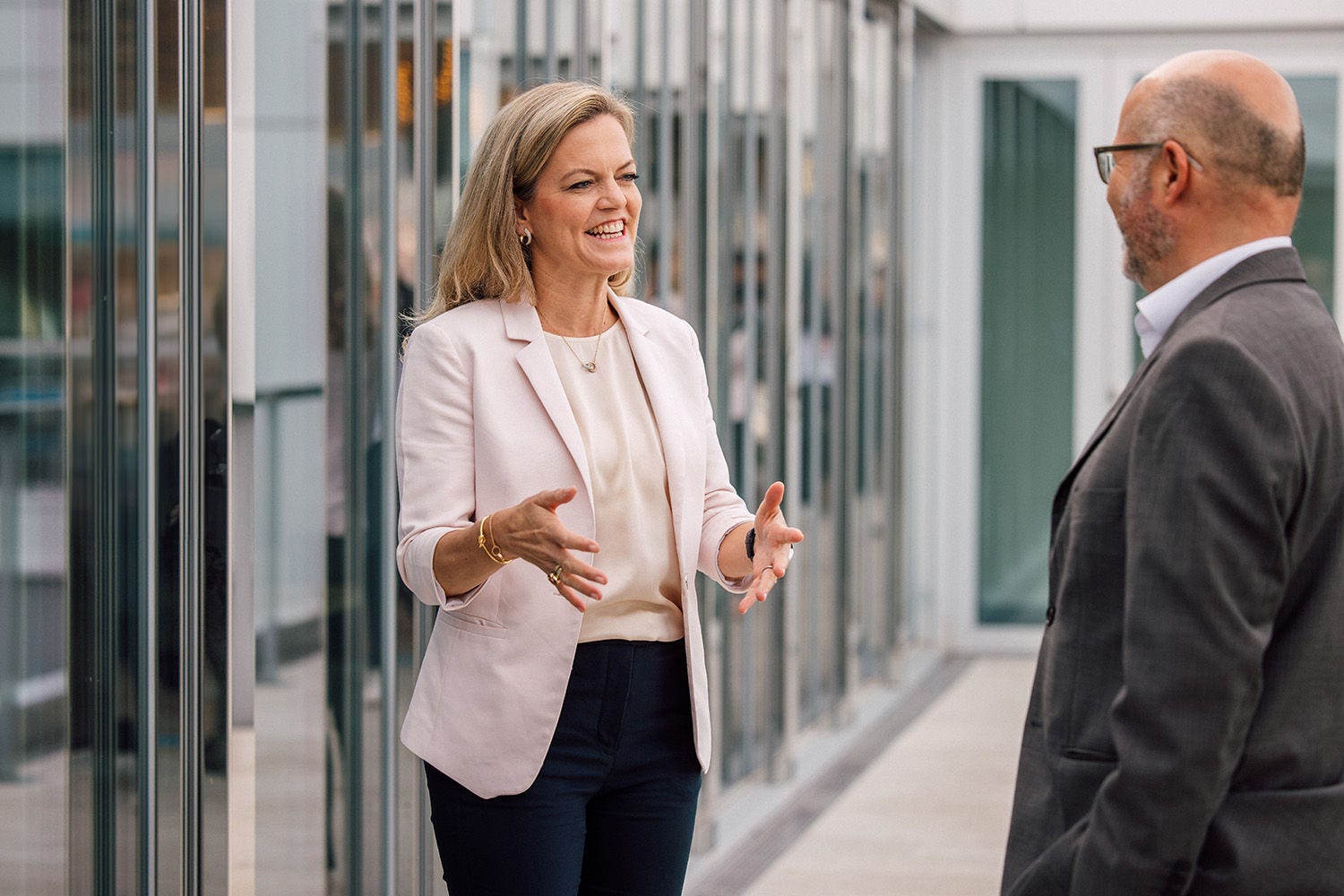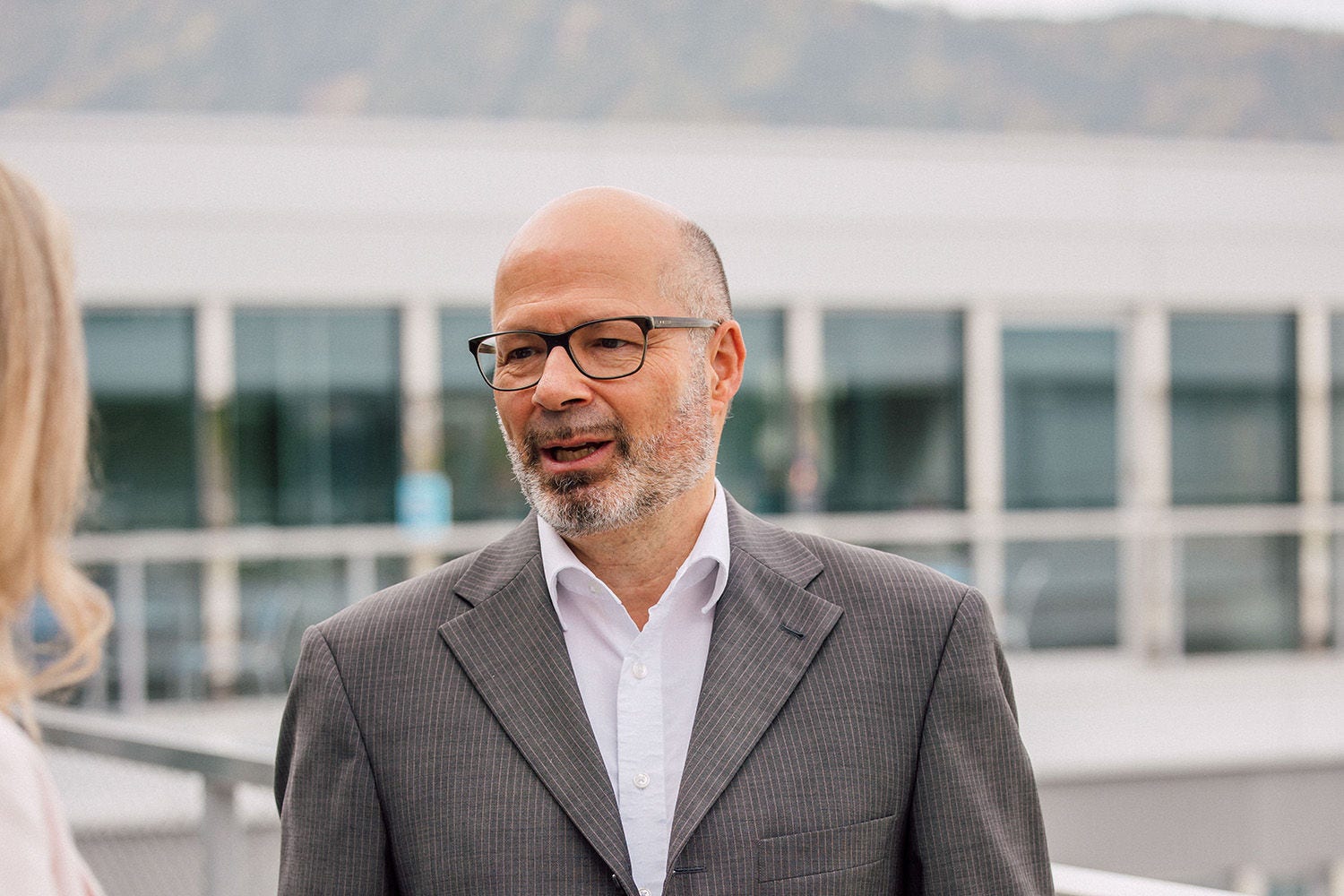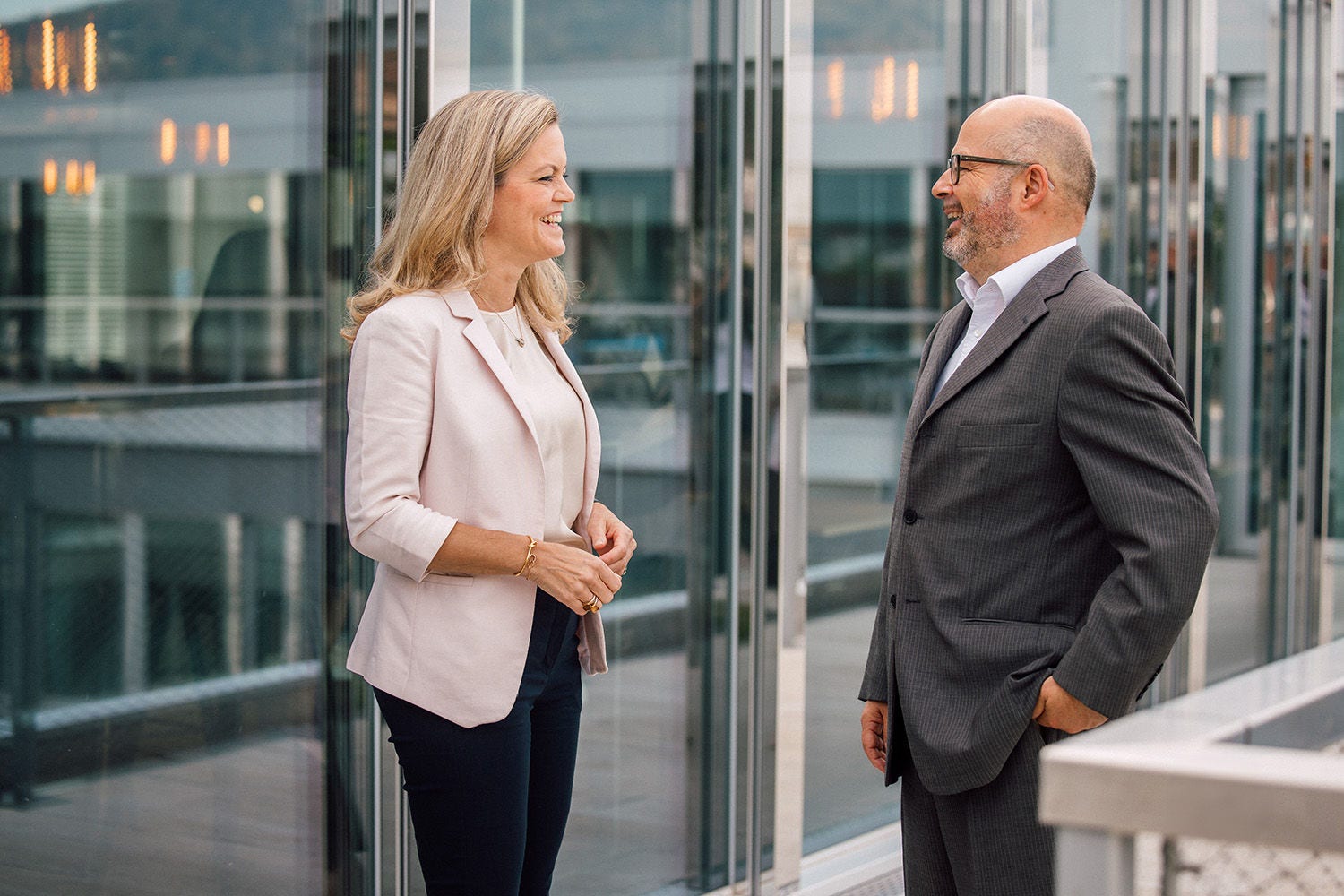Through your roles at Swisscom and Raiffeisen Switzerland, you are involved with two large companies, both of which have a special shareholder structure, one with the state as owner and the other with a cooperative structure. Are there any similarities or differences compared to being a board member of a public company in the true sense of the word?
A company that has the state as its majority shareholder but is also listed on a stock exchange is, on the one hand, bound by stock exchange, stock corporation and disclosure regulations. On the other hand, the majority shareholder often has certain strategic expectations of the company related to its ownership strategy. In this respect, it is important that there is constructive and ongoing dialog between the company and the majority shareholder. The majority shareholder needs to understand that the company is bound by certain regulatory and legal requirements by virtue of its listing, and that the rights of the other shareholders must not be impaired.
At Raiffeisen Switzerland, the structure is somewhat more complex. The Group is structured as a cooperative and Raiffeisen Switzerland is owned by around 220 Raiffeisen banks. The latter have also drawn up an ownership strategy with regard to Raiffeisen Switzerland. Each Raiffeisen bank is in turn a cooperative, with the respective bank clients as cooperative members. Such a structure also demands dialog with the owners as a key factor in successful strategic management.






